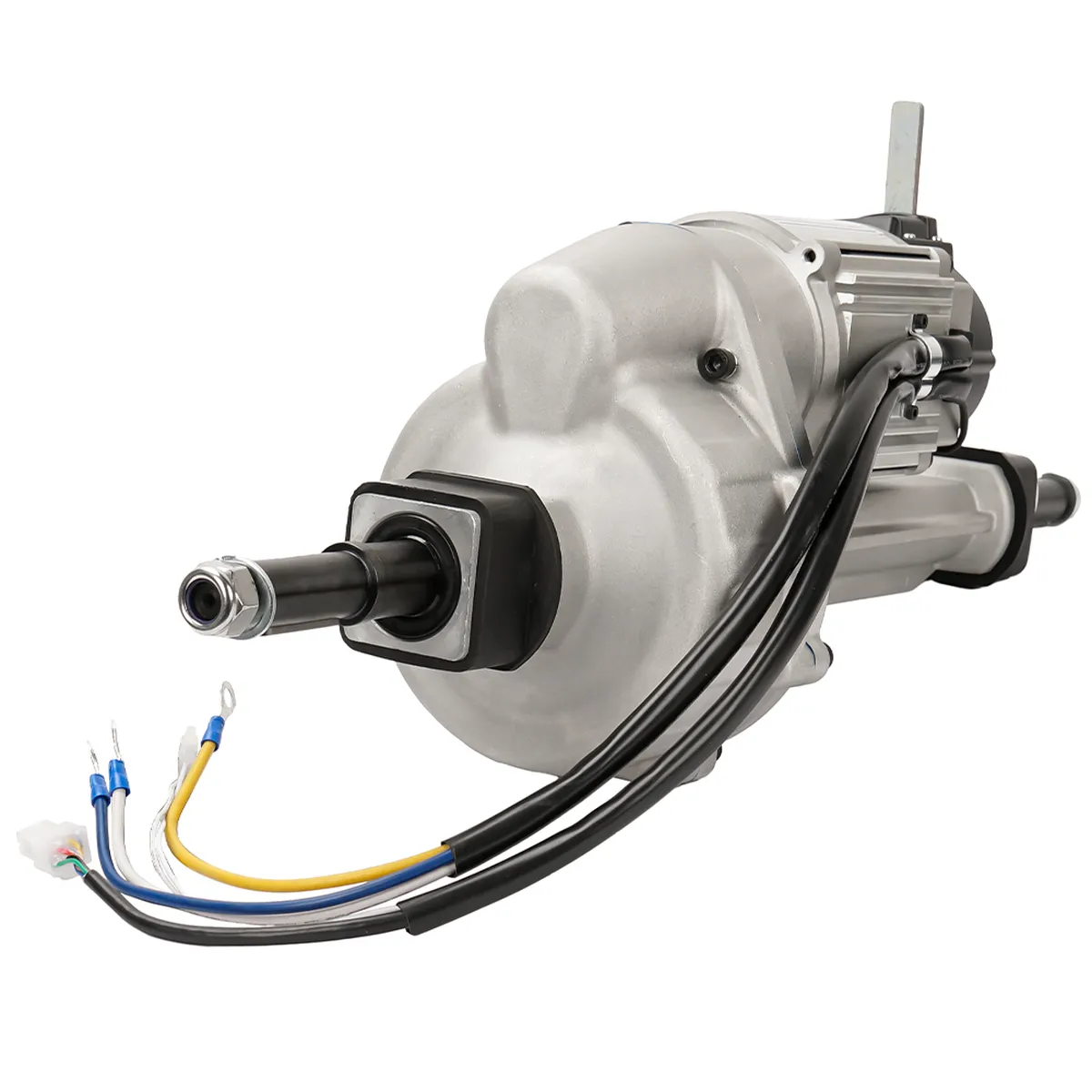The rear axle is a key structural component in a vehicle that transmits power to the wheels while supporting the weight of the vehicle. Its design and maintenance impact performance, handling, and safety.
Inside the axle housing are the differential, axle shafts, bearings, seals, and other parts. The differential distributes torque to the wheels, allowing them to rotate at different speeds for stability and traction. The axle shafts transfer this power to the wheels.
There are several rear axle types:
Solid axles provide durability for heavy loads in trucks and SUVs.
Independent axles allow each wheel to move separately for better handling in sports cars.
Semi-floating axles balance strength and performance for light vehicles.
The rear brake components (drums or rotors) mount to the axle. This allows the brakes to slow the vehicle by contacting the rotating axle.
Proper rear axle maintenance involves fluid changes, bearing and seal inspections, and replacing worn parts. This maintains optimal performance and durability.
The rear axle assembly transmits power to the wheels, supports vehicle weight, influences handling, and plays a role in braking. Its design and maintenance directly impact vehicle safety, reliability, and drivability.
Leave A Comment